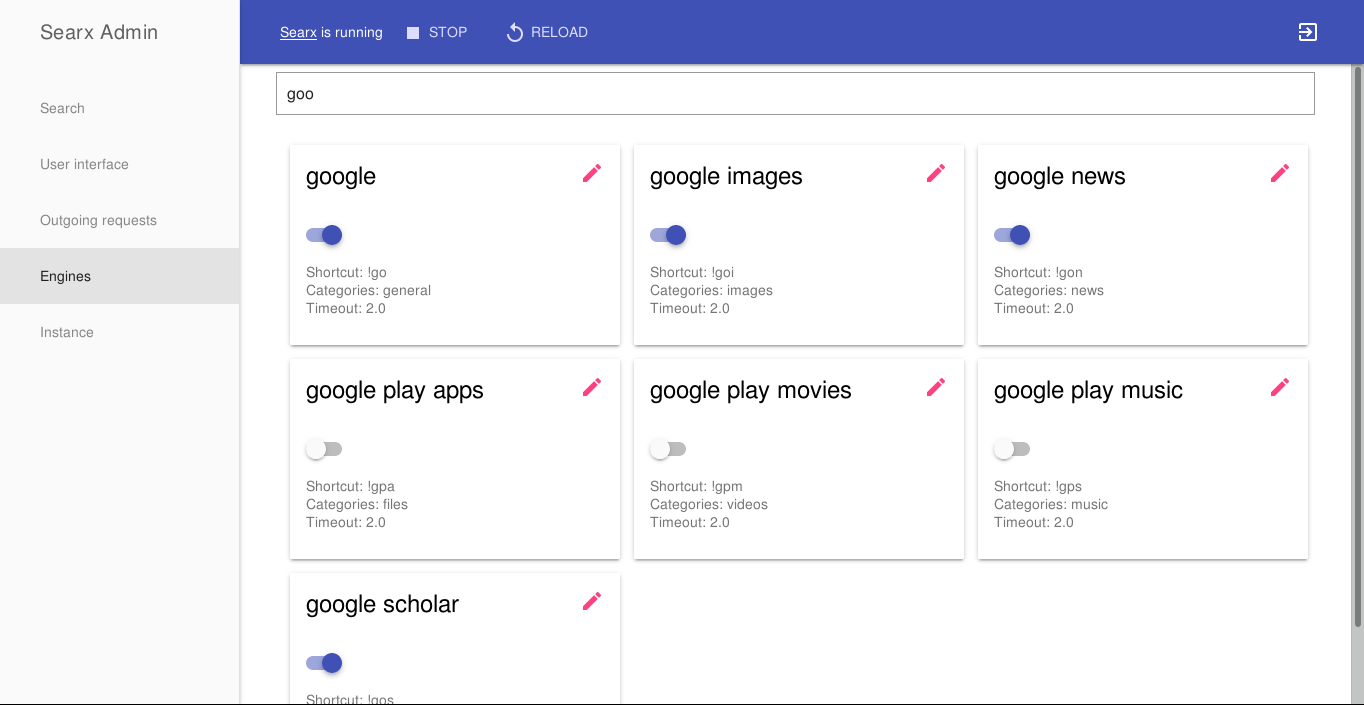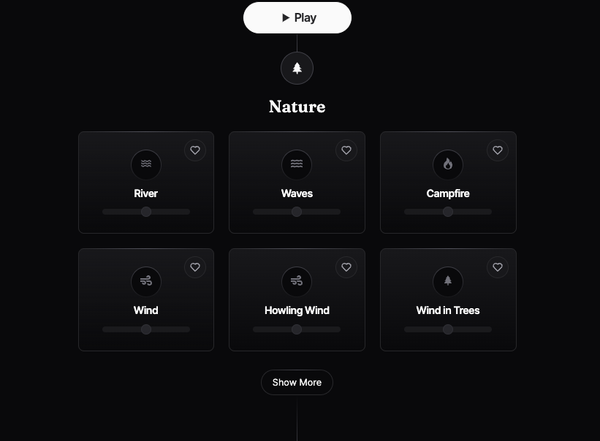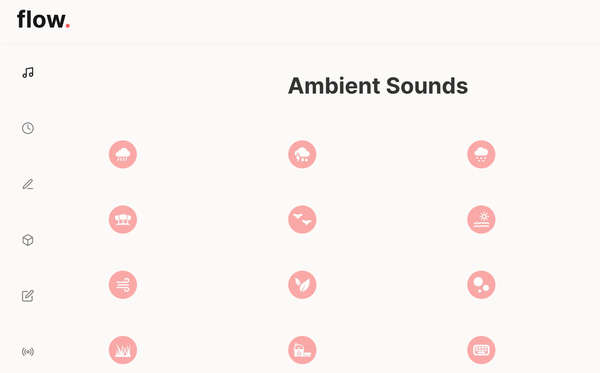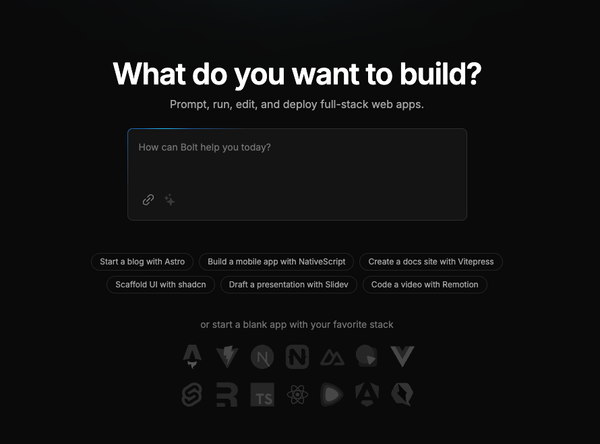Searx: Create Your Own Private Meta Search Engine
Table of Content
Searx is a free internet metasearch engine which aggregates results from more than 70 search services. Users are neither tracked nor profiled. Additionally, It can be used over Tor for online anonymity.
Searx is written in Python, and offers a highly customizable scalable architecture and developer-friendly documentation.
With Searx, you can search images, maps, movies, videos, search in multiple languages, or focus your search in a certain language.
Searx is built for privacy conscious users. It comes a unique set of challenges. One of the problems we face is that users rather not report bugs, because they do not want to publicly share what engines they use or what search query triggered a problem. It is a challenge we accepted.
You can also embed a search bar in any web app with Searx search form embedded code.

Features
- Full anonymity.
- Supports dozens of search engines (70+ search engine).
- No tracking scripts.
- Ads-free engine.
- Easy to integrate in any app.
- Works seamlessly with encrypted connections HTTPS/ SSL.
- No user profiling.
- Offers an administration API.
- Supports SQL and NoSQL servers.
- Can be installed on Apache and Nginx servers.
- Plugin-ready architecture.
- Add custom search engines
- Supports offline engines
- Activate/ deactivate engines
- Shell command
- Easy to install and upgrade
- Search Redis and MongoDB records
- Web-user interface for the admin
- Search API
License
Searx is released under the AGPL-3.0 License.











